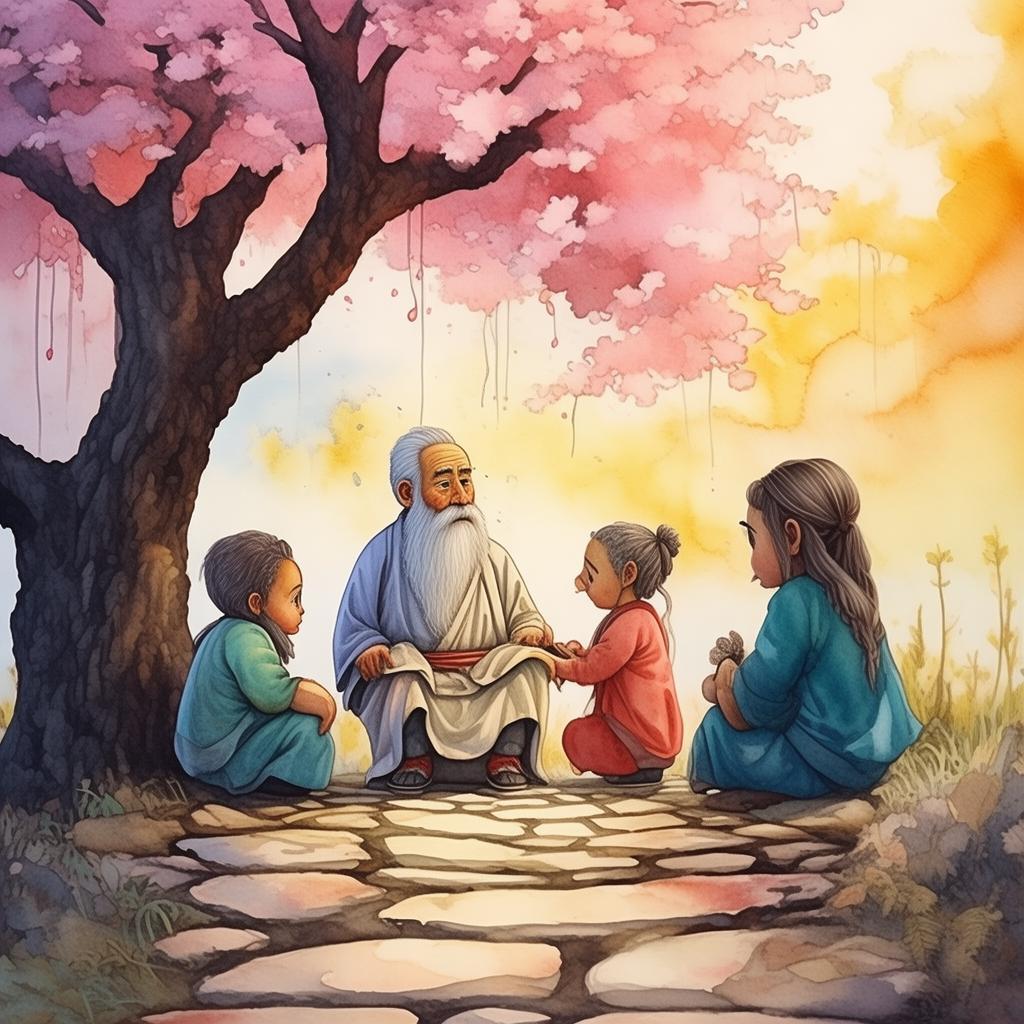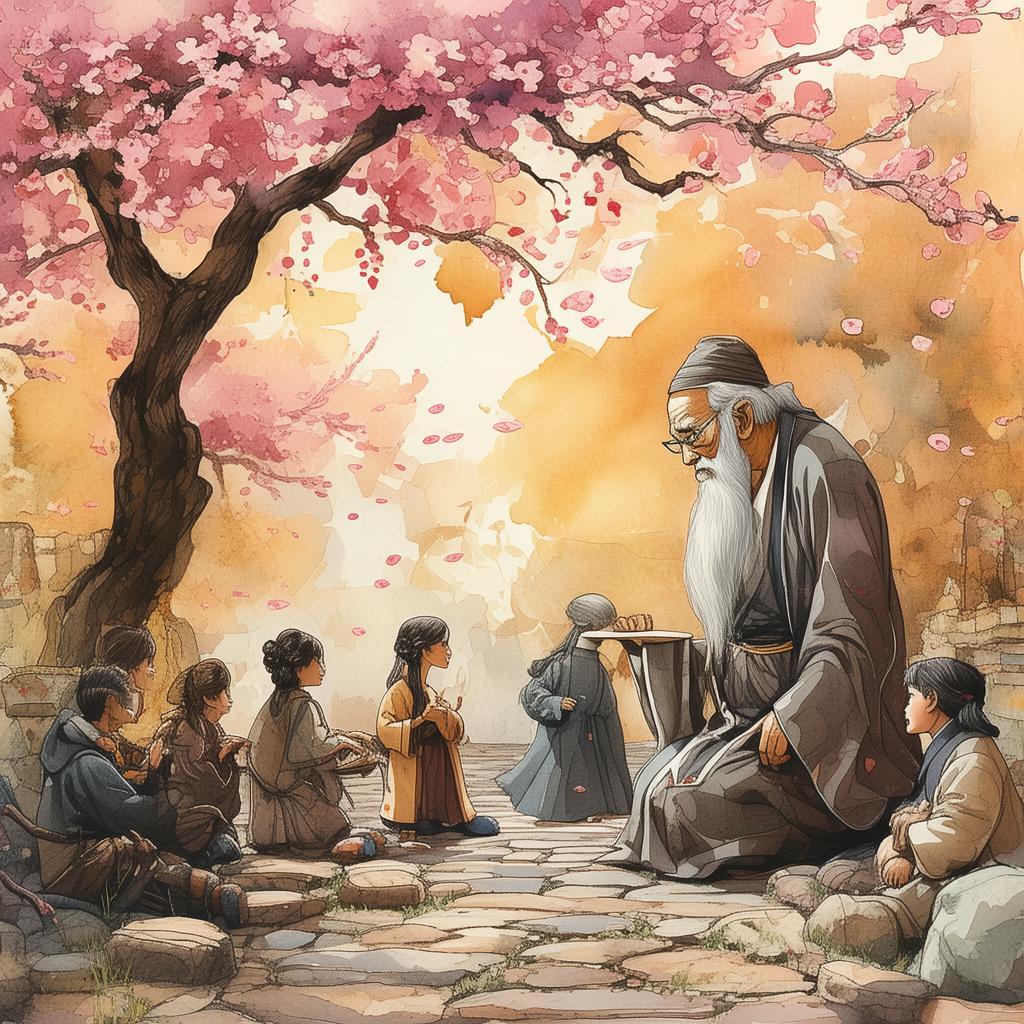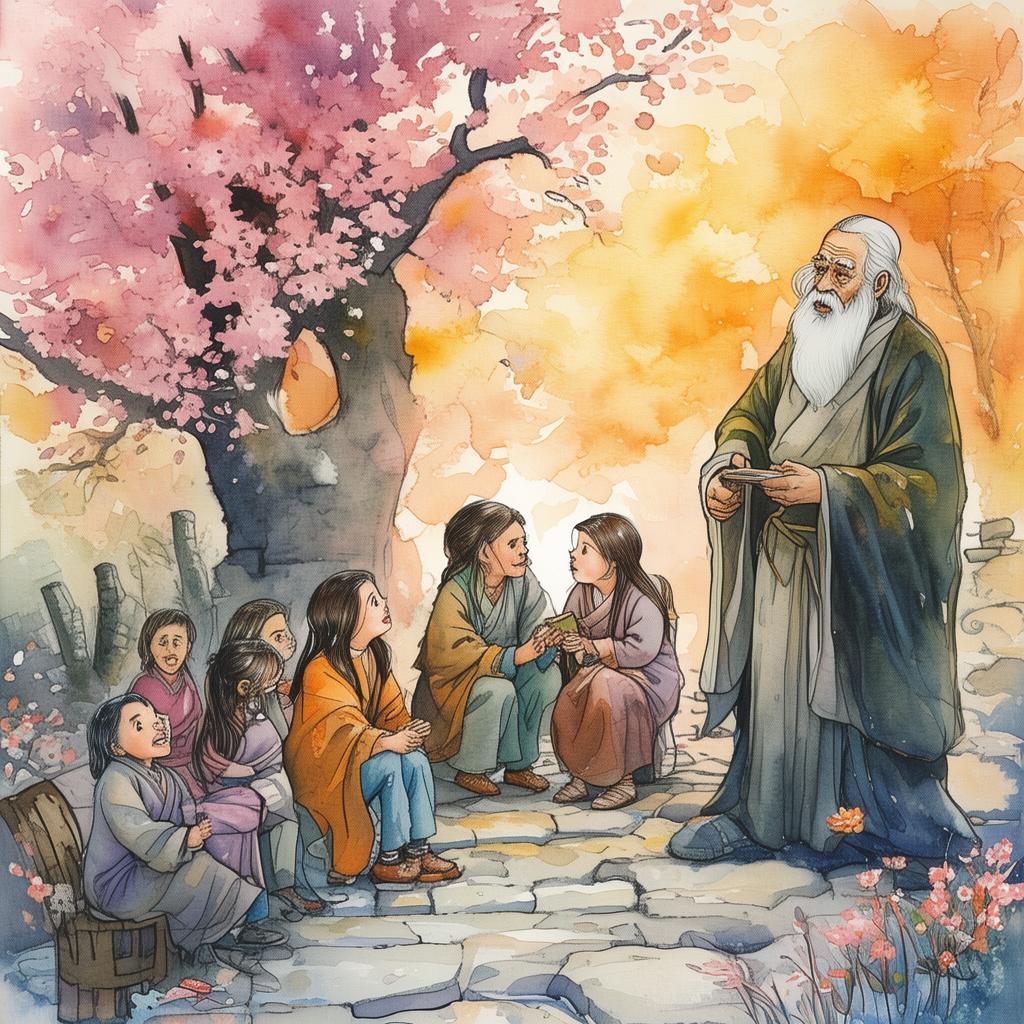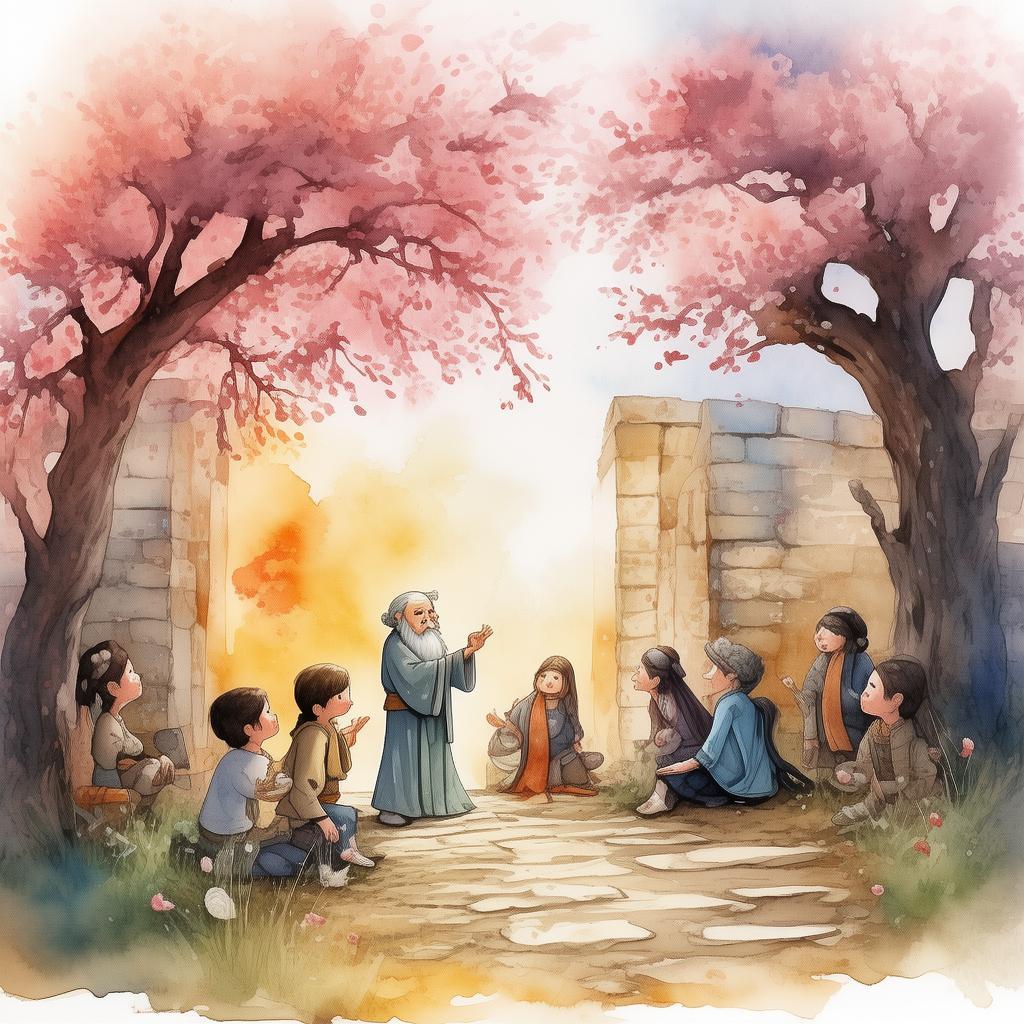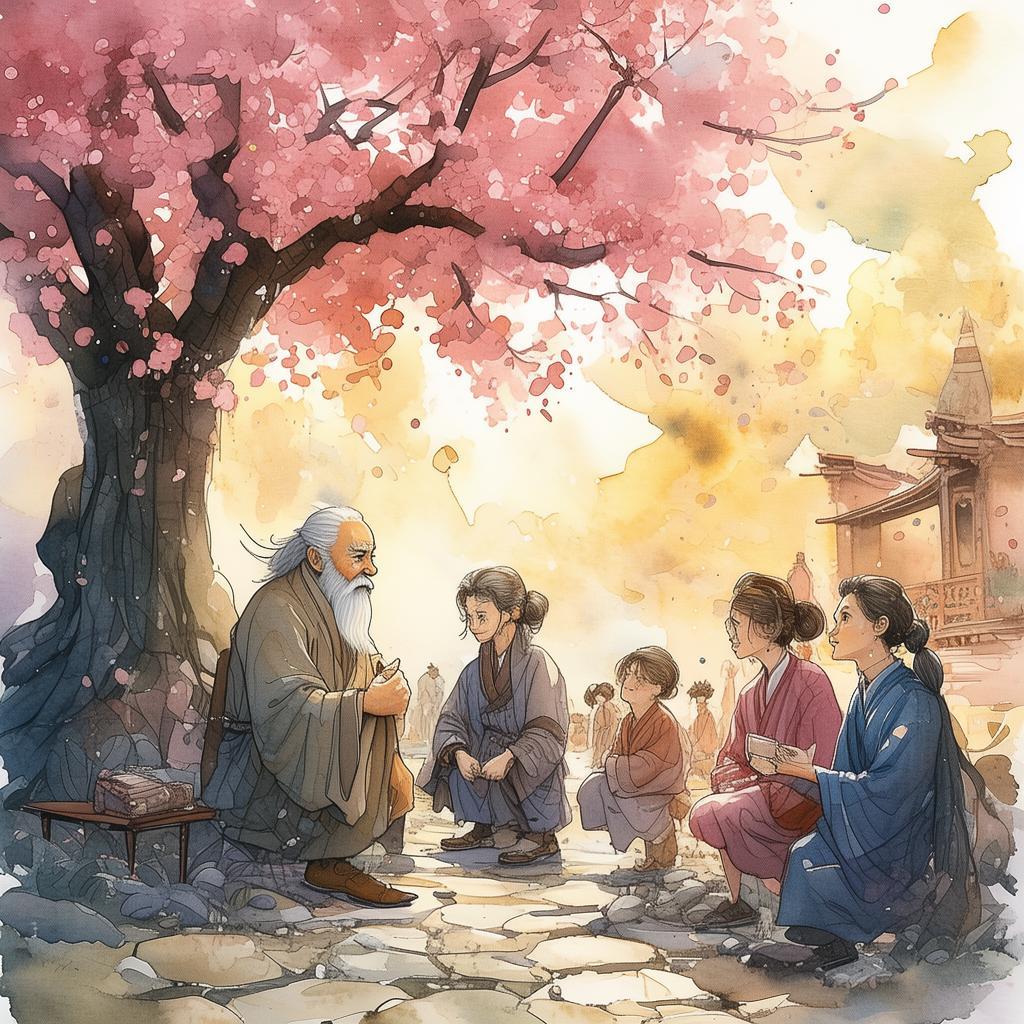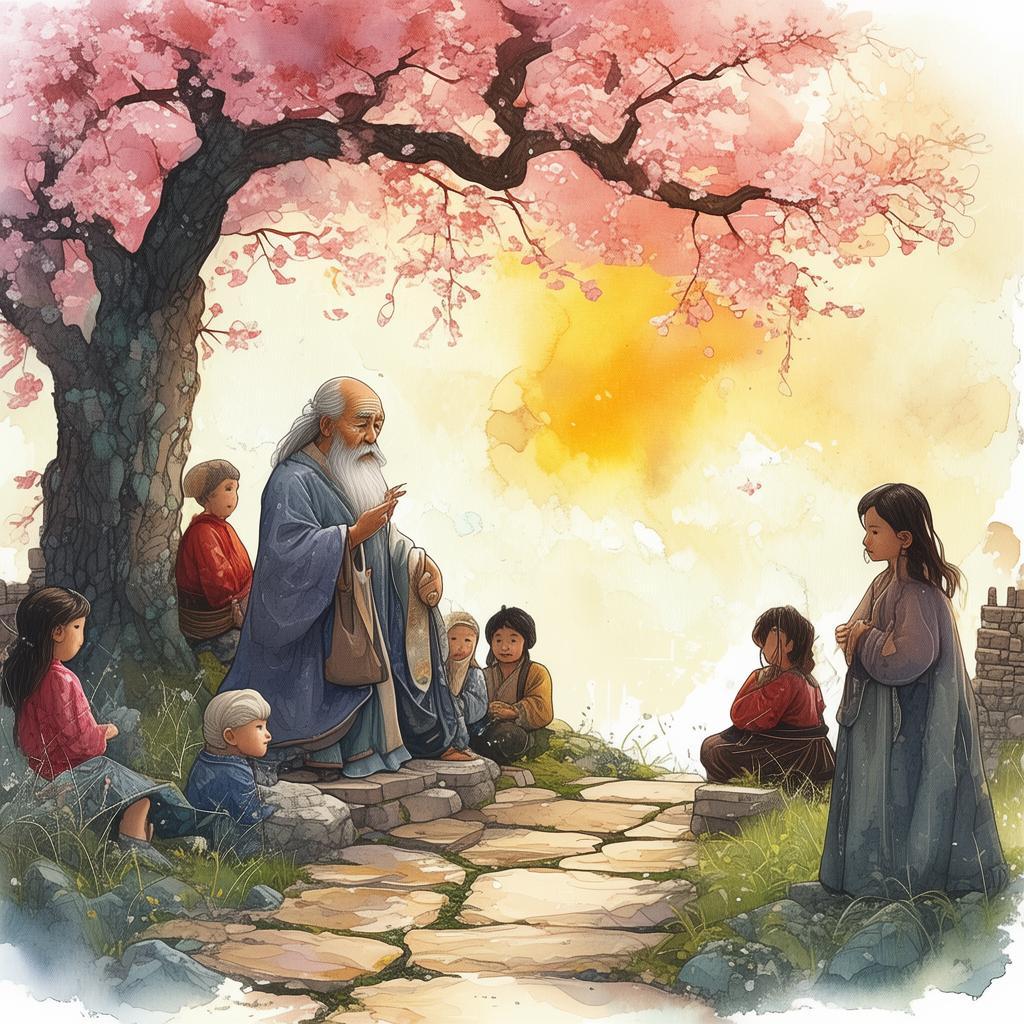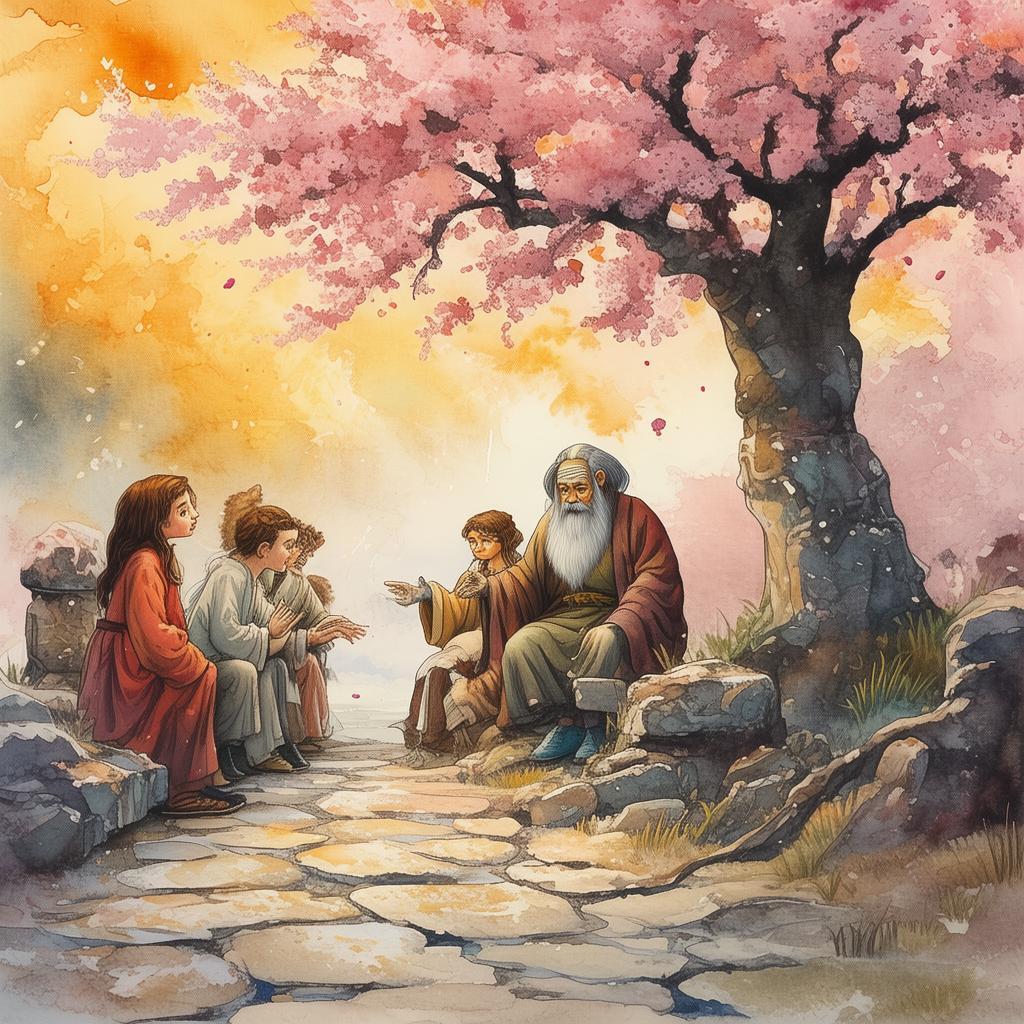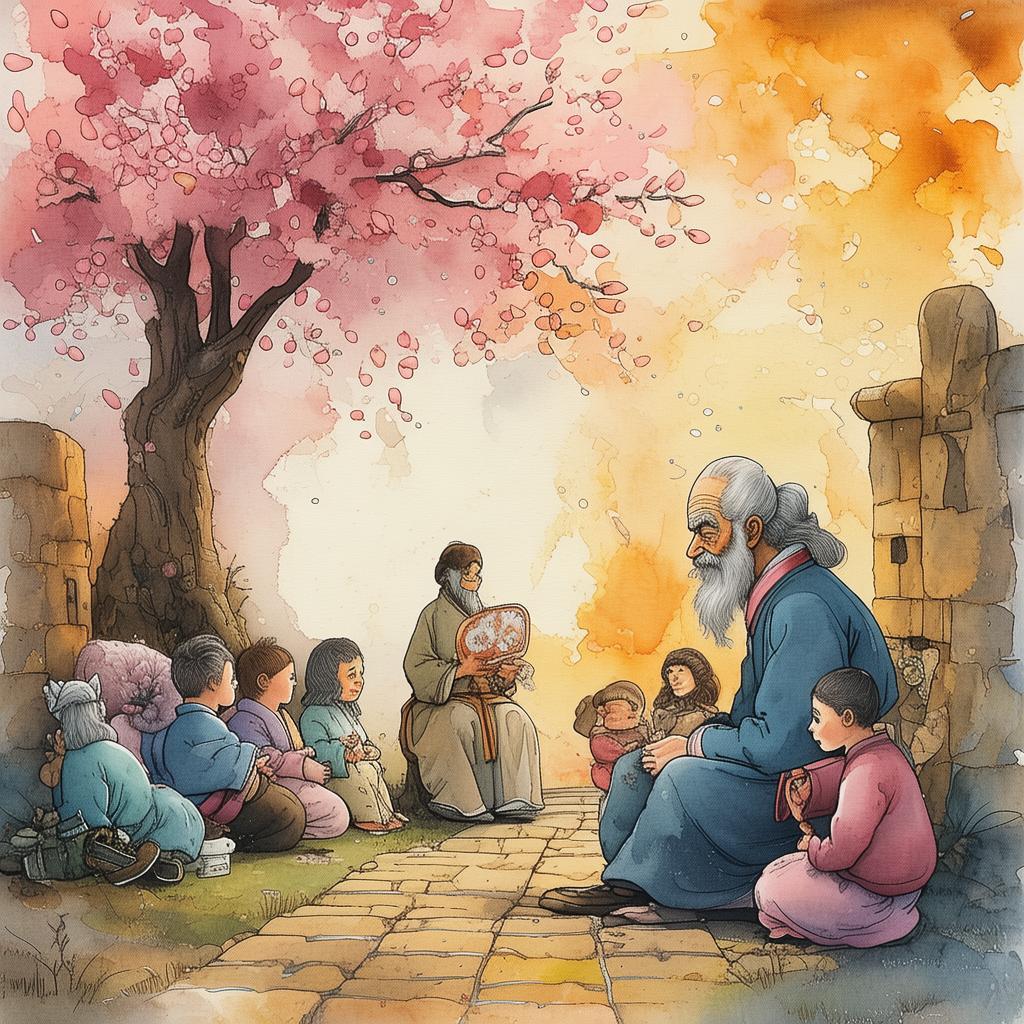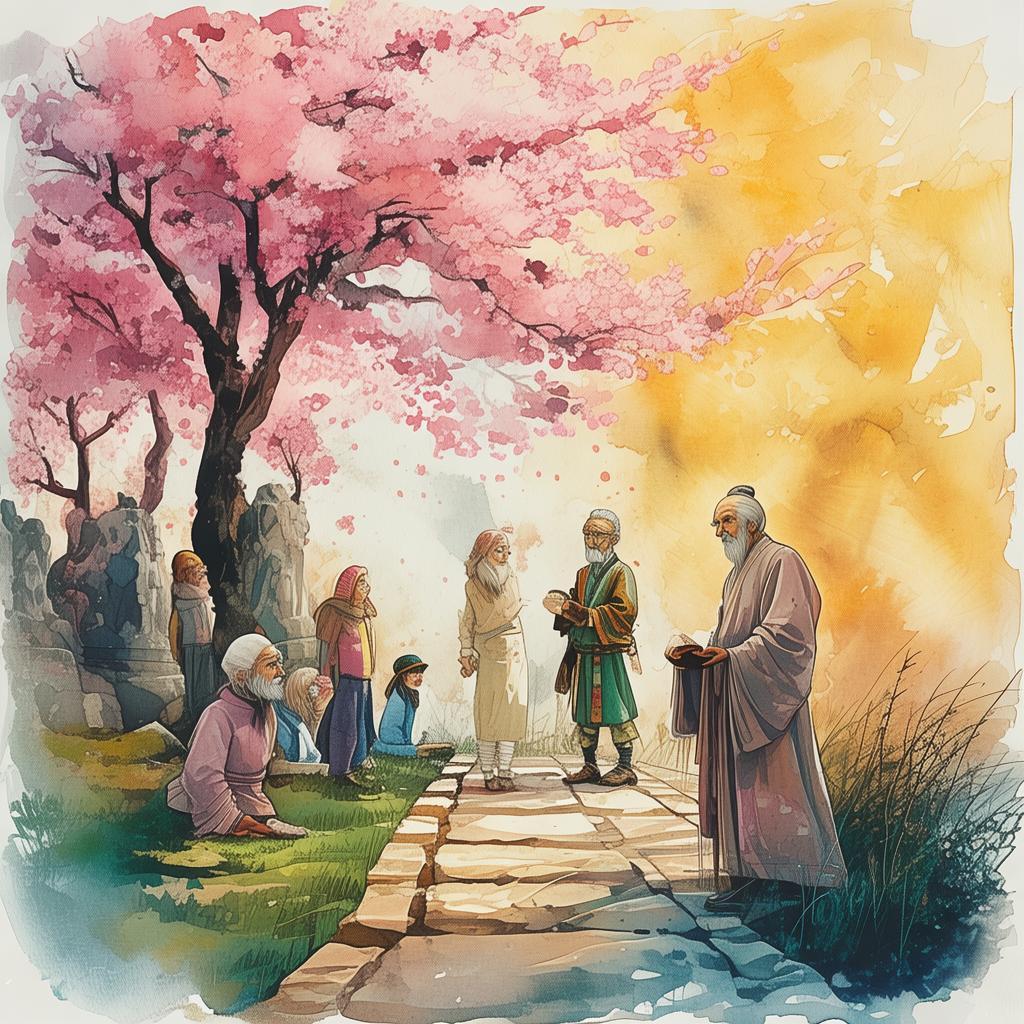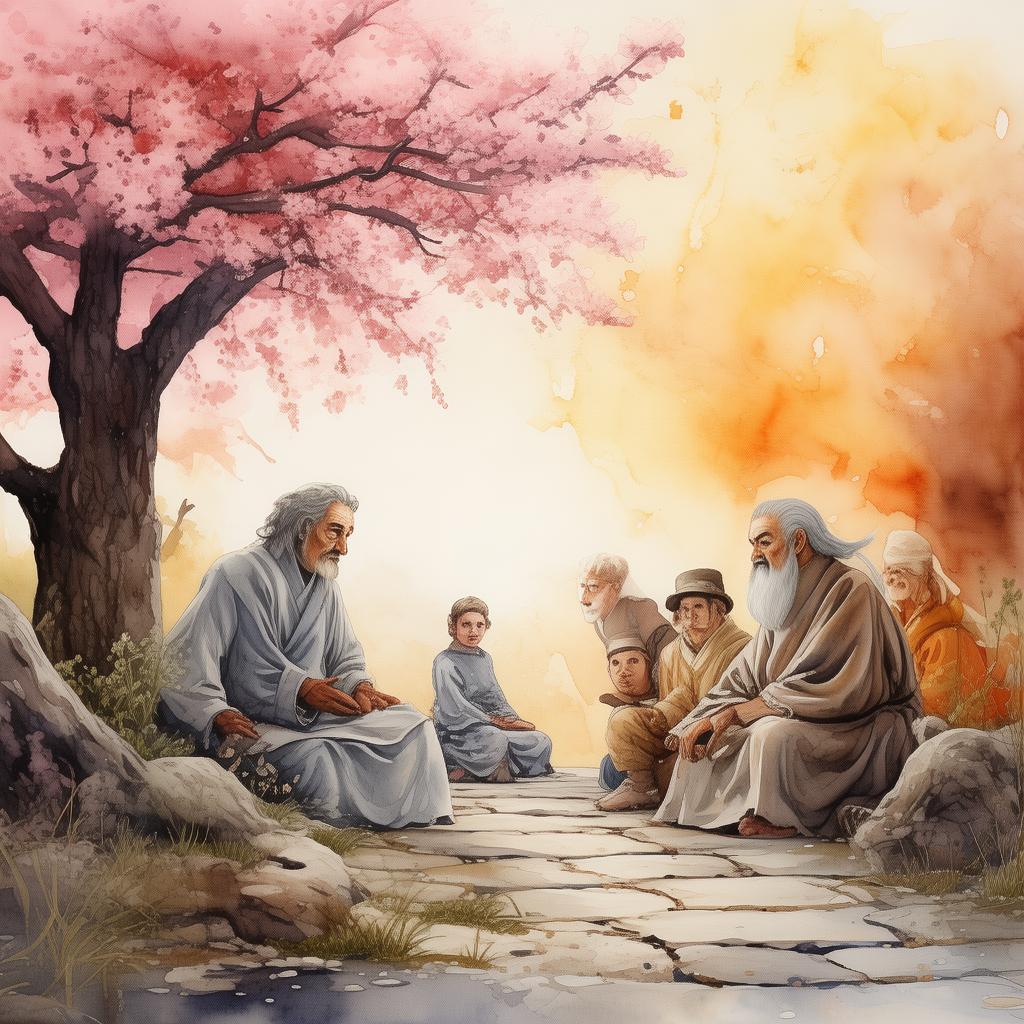The Handwritten Uprising: A Tale of Scribbled Resilience
In the shadowy corners of an urban metropolis where every word was a potential threat, a group of rebels, each with their own reason for rebellion, gathered in secret to craft a silent rebellion. The city, once a beacon of culture and creativity, had been consumed by a regime that sought to silence dissent through a strict ban on all forms of public expression. The only respite from this oppressive silence was the whisper of handwritten notes, scribbled on scraps of paper, passed from hand to hand in a city where every gesture was scrutinized.
Zhang Li was a young graphic designer who had always seen beauty in the imperfections of the human touch. Her life changed when she received an anonymous note in her mailbox. It was a simple message: "The revolution will be handwritten." Intrigued and scared, Zhang began to study the history of handwritten movements, finding inspiration in the courage of those who had fought for freedom with their pens and inks.
As the city's oppressive regime tightened its grip, Zhang discovered a secret network of individuals, each contributing their skills to a grand, silent uprising. Among them was a former librarian named Wang Mei, who had dedicated her life to preserving the wisdom of the past. She saw in the handwritten notes an opportunity to connect the present to the struggles of the past.
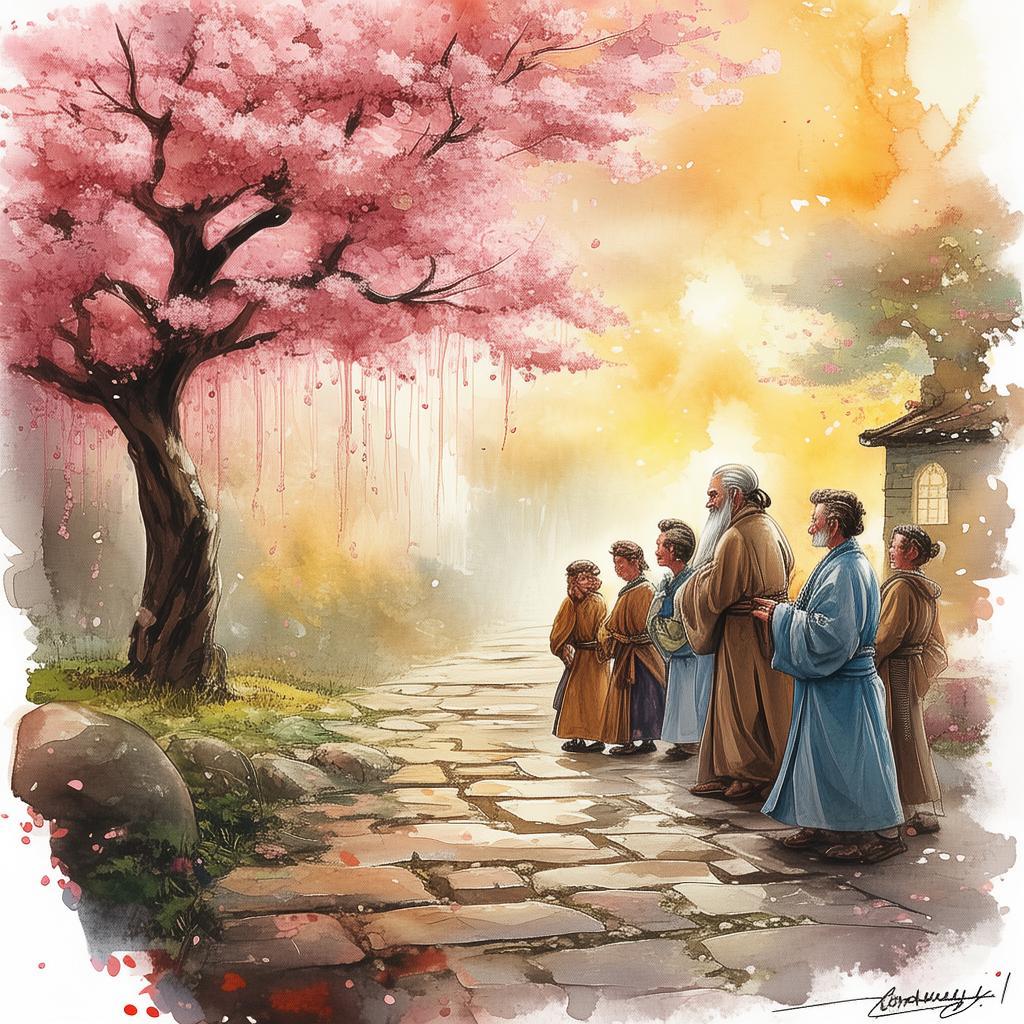
The revolution was planned meticulously. The notes were crafted to inspire, to challenge, and to ignite hope. They spoke of the beauty of human connection, the importance of free thought, and the right to express oneself. The notes were passed on in a web of trust, with each person tasked with delivering it to someone who could use its message to spread further.
One of the most significant notes read: "The ink is our blood, and the paper our land. Let us not let our freedom be washed away." It was a call to action, a silent shout of defiance in the face of the city's relentless march toward control.
The rebels faced many challenges. The regime had its informants, its snoops, its thought police. They lived in constant fear of discovery, but they were driven by the hope that their words, their ink, could spark a flame that would consume the darkness that shrouded their city.
As the notes spread, so too did whispers of the revolution. People began to feel the weight of the words, the warmth of the ink. They began to realize that they were not alone, that they had the power within them to challenge the regime's rule.
The climax of the story came when a single note, written on the wall of the city's grandest library, was discovered by the regime's highest officials. The note was a masterpiece, combining the wisdom of ancient texts with the fervor of the modern struggle. It was a powerful declaration of the unshakable human spirit.
The regime responded with an intense crackdown, searching for the rebels. But it was too late. The revolution had taken root, and the notes had become the seeds of change. People were talking, sharing, and resisting. They had found their voice, their ink, and their courage.
The ending of the story was not one of triumph but of hope. The regime's attempt to erase the notes from the city walls was in vain. The ink was indelible, the words forever etched in the memories of those who had read them.
In the end, the rebels, who had once hidden in the shadows, emerged as symbols of resistance. Their message, handwritten and whispered, had resonated with the heart of the city, proving that freedom could be scribbled on the very streets that sought to silence it.
The Handwritten Uprising: A Tale of Scribbled Resilience was a story of courage, hope, and the indomitable spirit of the human heart. It was a tale that spoke of the power of words, the beauty of freedom, and the unyielding strength of the written word in the face of tyranny.
✨ Original Statement ✨
All articles published on this website (including but not limited to text, images, videos, and other content) are original or authorized for reposting and are protected by relevant laws. Without the explicit written permission of this website, no individual or organization may copy, modify, repost, or use the content for commercial purposes.
If you need to quote or cooperate, please contact this site for authorization. We reserve the right to pursue legal responsibility for any unauthorized use.
Hereby declared.
